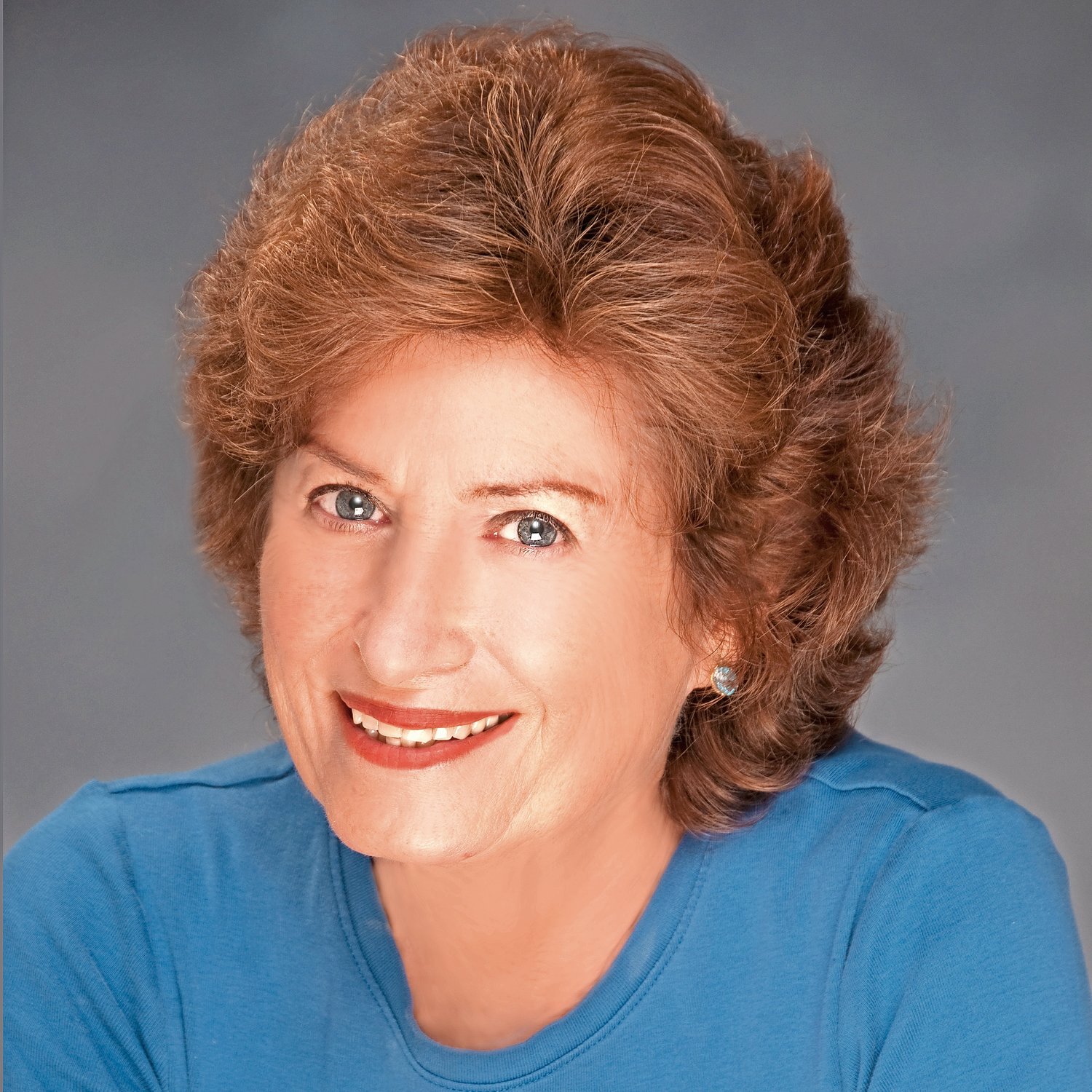Quality of mercy deleted from curriculum
There are real benefits to holding the collective memory of a community in one’s head. To that point, I recall that more than 25 years ago, a college admissions scandal rocked a nearby high school. A group of second-semester seniors, all safely accepted by their Ivy League choices, went out of town on a school trip. When they got back, they were reported for having smoked marijuana on the outing. As I recall the story, the school debated whether to alert the colleges that had accepted them, and some admissions may have been rescinded. For certain, it was a scandal.
As the mother of high school students in the community at the time, I thought of the incident as a teachable moment. I don’t know what happened to the kids involved, but I presume, and hope, they went on to get solid educations, land good jobs and become good citizens.
The fact that they smoked pot? Through the prism of June 2019, as New York state discusses decriminalizing possession of up to two ounces, smoking weed doesn’t seem like a capital crime. But they were minors, and they broke the rules and the law. If any of them lost their Ivy acceptances, it must have felt like the end of the world.
This all comes to mind as a young man, Kyle Kashuv, deals with the rescinding of his acceptance to Harvard’s class of 2023.
Kashuv, 18, is a survivor of the mass shooting at Marjory Stoneman Douglas High School in Parkland, Fla., last year. He lived through the violent, life-changing massacre that left 17 students and faculty dead. Let that sink in for a moment. This is a teenager who suffered an unspeakable trauma at a tender age. He appeared to survive it psychologically as well as physically, and moved on with his life.
Then someone alerted Harvard that Kashuv had made racist and anti-Semitic slurs in an online chat when he was 16, before the shootings. The admissions director at Harvard asked him for an explanation. Kashuv apologized, and said the comments didn’t reflect his beliefs or his ethics. Harvard was not convinced, and withdrew his acceptance. For Kashuv, this was a painful rejection. He had already declined several other acceptances, including offers of full scholarships.
In a tweet, he wrote, “In the end, this isn’t about me, it’s about whether we live in a society in which forgiveness is possible or mistakes brand you as irredeemable, as Harvard has decided for me.” He pointed out that in its history, Harvard faculty “has included slave owners, segregationists, bigots and anti-Semites. If Harvard is suggesting that growth isn’t possible and that our past defines our future, then Harvard is an inherently racist institution.”
What are the lessons for the rest of us? For high school students: Don’t do stupid stuff, and that includes posting inappropriate material online, because it will come back to bite you. You can invoke the First Amendment; you can litigate your claim; you can argue that you are a changed person. But you will pay a price.
For the rest of us, who aren’t caught up in the college acceptance carnival? We need to think about higher education in America. Who gets educated, and at what cost? What strings are pulled, and for whom? Do we really want to live in a society where only rich kids can get a quality education?
Should bad language ever disqualify you from any school, including Harvard? And how far back should we look? Today, 5-year-olds are posting on Facebook.
I think Harvard missed a singular opportunity to teach. If the school is as enlightened and embracing and diverse as it claims, let it take in Kyle Kashuv and educate him. Let the most renowned professors in America engage him in debate and help him become a productive member of our increasingly complex society. Let his classmates challenge his alleged racism.
The prospect of Harvard opening its door to him seems so much more progressive than shutting him out and reinforcing his bias..
Copyright 2019 Randi Kreiss. Randi can be reached at randik3@aol.com.






